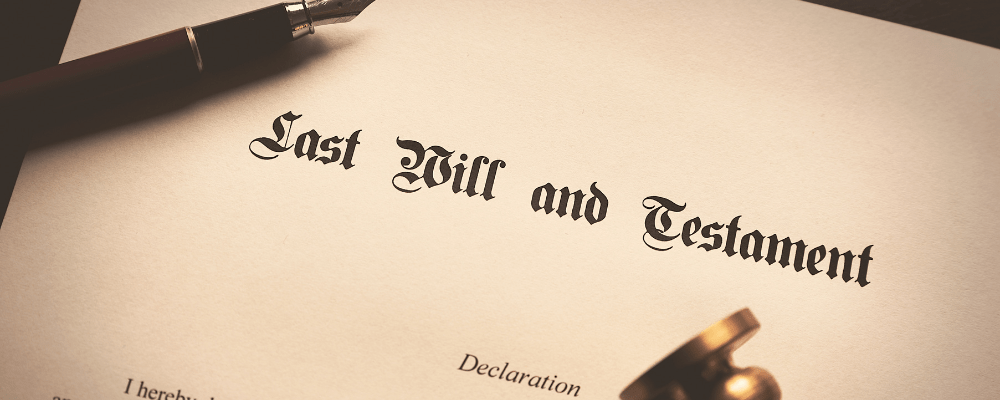
Secure Your Future And Distribute Your Assets With Seamless Legal Aid
We love our families and want the best of them in our absence. If you live in British Columbia and have been making searches like “wills and estate lawyer near me,” Cube Law is here to help!
Our will and estate planning lawyers in Surrey help you plan for your future and secure the future of your loved ones. From drafting a will or choosing a power of attorney to creating a dedicated family trust or creating a representation agreement, we help you plan wealth distribution and asset management in the case of your demise, physical health issues, or mental incapacity.
Wills and estate planning can get complicated because it involves strong emotions and legal implications. With years of experience, we will help you navigate both worlds with precision and objectivity.
Why Choose Our Wills And Estate Planning Lawyers?
Local Familiarity
If you live in Surrey or any other region of British Columbia, you will receive legal help from a professional familiar with the local laws. For example, our wills lawyer in Surrey will be updated with the administrative and legal framework of the city. This makes otherwise complicated processes like probate and estate administration simpler.
Thorough Documentation
From creating a power of attorney to writing a will, our lawyers help you create and review all legal documents you need for effective wills and estate planning. Depending on your case, we will ensure that the documents contain all the necessary clauses, provisions, and sections.
No Complicated Jargon
Our legal professionals will help you without using complicated jargon that is difficult to understand. You can always reach out to us and share your query if you need clarification regarding anything.
Personalized Legal Advice
Our wills and estate lawyers in Surrey tailor their legal aid to your circumstances. We will analyze your case and help you choose an alternative that best suits your interests. Cube Law aims to build a relationship of trust with its clients while helping them secure the future of their loved ones.

What is a Last Will and Testament?
Making a will is an important legal document that outlines what happens to your property and possessions after you pass away. Ensuring your wishes are executed, appointing a guardian for minors and protecting loved ones from distress and confusion are all possible by creating a will. Having a will in place is essential to cover assets after death, sparing those closest to you the hassle of potential disputes.
How to execute a Will?
When creating a last will and testament, it’s essential to select an executor who will be responsible for managing your accounts and properties to settle your estate. Dying without a Will is called Intestacy or intestate. Failure to create a will may lead to the court appointing an administrator who will distribute the Estate as provided in the Wills, Estates and Succession Act (“WESA”). The distribution according to WESA might not be how you would have like to distribute your estate. Even with minimal assets, Intestacy may slow down the estate settlement process and delay the distribution of personal belongings. Therefore, its crucial to make a Will to ensure that your wishes are implemented seamlessly.
DO I A WILL?
Having a will is beneficial for everyone, not just the wealthy or those with complicated assets. A will allows you to clearly specify who should receive your assets and how much they should get. It also helps ensure that your assets don’t end up in the wrong hands, such as those of estranged relatives. Furthermore, you can use your will to designate who will take care of your children, as the courts will make this decision without one. By creating a will, your heirs can access your assets more quickly and with less hassle. You can also use your will to plan for tax savings on your estate and to make charitable donations or gifts.
CHOOSING THE RIGHT EXECUTOR
It is important to choose a trusted individual as your executor when creating an estate plan. This person should be someone who knows you well and can carry out your wishes effectively. Some suitable choices include your spouse, an adult child, a close friend or relative, or a combination of your spouse and an attorney.
The executor’s primary responsibility is to ensure that your will is carried out as specified and to comply with the probate court’s close supervision. If your estate has a high net worth or complex legal issues, it’s advisable to seek guidance from an estate planning attorney who specializes in your state’s laws.
In addition to trustworthiness and competence, you must evaluate your executor’s financial status before making a final selection. An executor who has a history of bankruptcy, limited credit history, or multiple creditors or liens may not qualify for a bond, which is a type of insurance some courts require to safeguard beneficiaries from potential misuse of estate funds. If the bonding company views the executor as a high financial risk and refuses to issue a bond, the court may reject your chosen executor.
CAN I HAVE MORE ONE WILL AT A TIME?
To have multiple wills created by an attorney, it’s important to inform them about any existing wills and ensure they can be harmonized. Seeking legal advice from an attorney can provide options to prevent probate and eliminate the need for multiple wills.
We know life can be challenging. Unforeseen circumstances and unplanned events can mean big changes. That’s why we’re here. We bring the right support, guidance, advice and assistance to help you navigate the tough times…and make life just a little bit easier to handle.
Sat-Sun Closed
Cube Law Corporation – Surrey Lawyers & Notary @2024 – All Right Reserved